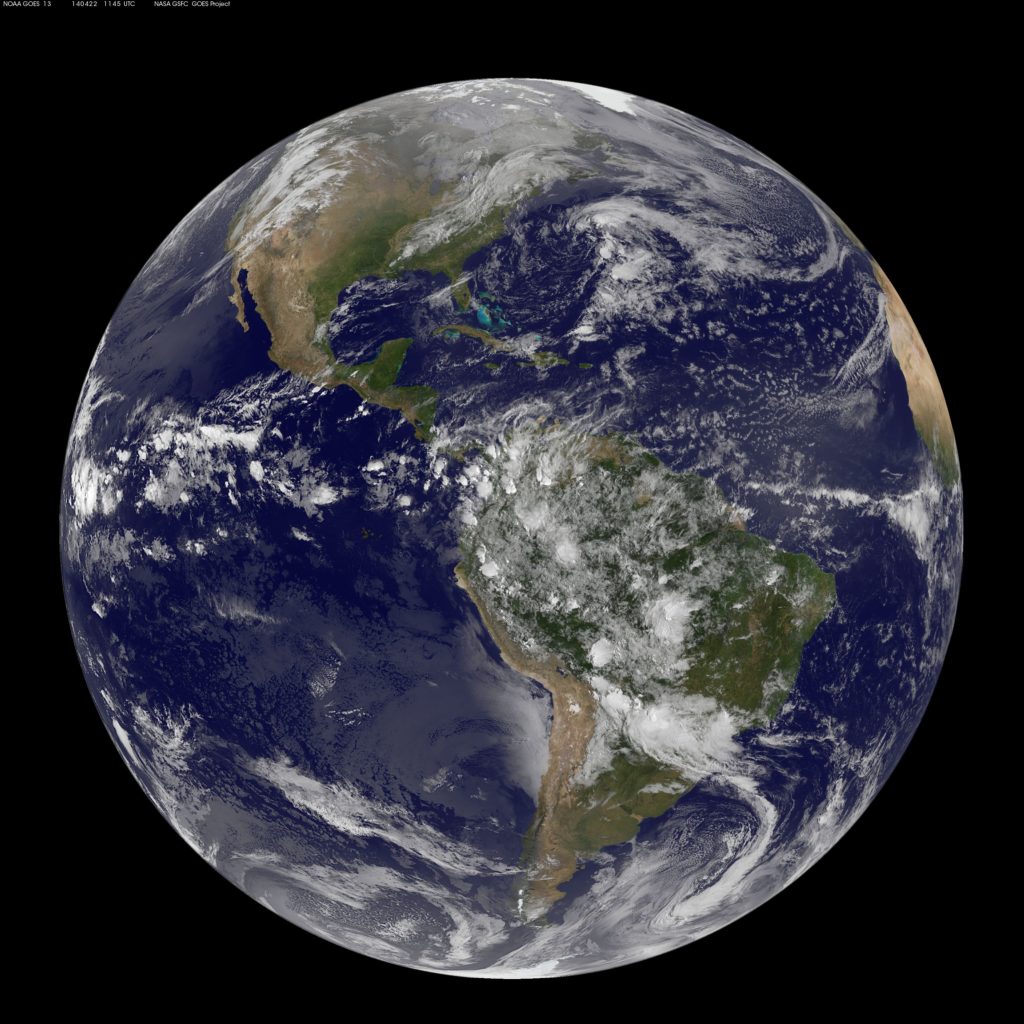Third Sunday of July!
Event Tags: USA
Father’s Day
“Father’s Day is a celebration honoring fathers and celebrating fatherhood, paternal bonds, and the influence of fathers in society. In Catholic Europe, it has been celebrated on March 19 (St. Joseph’s Day) since the Middle Ages. This celebration was brought by the Spanish and Portuguese to Latin America, where March 19 is often still used for it, though many countries in Europe and the Americas have adopted the US date which is the third Sunday of June. In the US, Father’s Day has been celebrated since the early 20th century.”…
Flag Day
“A flag day is a flag-related holiday, a day designated for flying a certain flag (such as a national flag) or a day set aside to celebrate a historical event such as a nation’s adoption of its flag. Flag days are usually codified in national statutes, however, in some countries a decree by the head of state can also order a flag day. The statute or decree may specify locations where flags are flown and how are they flown (for example, at full- or half-staff); alternatively, custom may prevail.” @Wikipedia
Mother’s Day
“Mother’s Day is a celebration honoring the mother of the family, as well as motherhood, maternal bonds, and the influence of mothers in society. It is celebrated on various days in many parts of the world, most commonly in the months of March or May. It complements similar celebrations honoring family members, such as Father’s Day and Siblings Day. In the United States, celebration of Mother’s Day began in the early 20th century. It is not related to the many celebrations of mothers and motherhood that have occurred throughout the…
Arbor Day
“Arbor Day (or Arbour; from the Latin arbor, meaning tree) is a holiday in which individuals and groups are encouraged to plant and care for trees. Today, many countries observe such a holiday. Though usually observed in the spring, the date varies, depending on climate and suitable planting season.” @Wikipedia
Valentine’s Day
“Valentine’s Day, also called Saint Valentine’s Day or the Feast of Saint Valentine, is an annual holiday celebrated on February 14. It originated as a Western Christian liturgical feast day honoring one or more early saints named Valentinus, and is recognized as a significant cultural and commercial celebration in many regions around the world, although it is not a public holiday in any country.” @Wikipedia
Superbowl Sunday
Superbowl Sunday
Inauguration Day
“The inauguration of the president of the United States is a ceremonial event marking the commencement of a new four-year term of a president of the United States. The day a presidential inauguration occurs is known as “Inauguration Day” and occurs on January 20 (or 21st if the 20th is a Sunday). Prior to the Twentieth Amendment, the date was March 4, the day of the year on which the Constitution of the United States first took effect in 1789; the last inauguration to take place on the older date…
Election Day USA
Vote!
Thanksgiving Day
“Thanksgiving Day is a national holiday celebrated in Canada and the United States. It was originally celebrated as a day of giving thanks for the blessing of the harvest and of the preceding year. Thanksgiving is celebrated on the second Monday of October in Canada and on the fourth Thursday of November in the United States. Several other places around the world observe similar celebrations. Although Thanksgiving has historical roots in religious and cultural traditions, it has long been celebrated in a secular manner as well.” @Wikipedia


